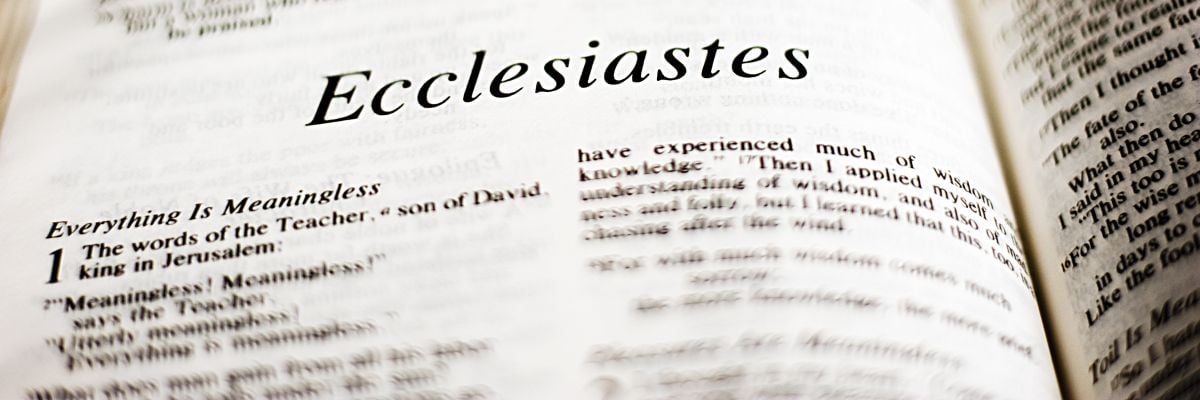
DAY 288
CHALLENGE
“Jesus and the authors of the New Testament never quote from the deuterocanonical books, so they do not belong in the Bible.”
DEFENSE
The absence of a quotation does not prove that a book is noncanonical.
Jesus and the authors of the New Testament sometimes introduce quotations in a way that makes it clear they regarded the source as a book of Scripture. This is indicated when they use formulas like “scripture says” (John 19:37; Rom. 9:17, 10:11, 11:2) or “it is written” (Matt. 4:4; Mark 1:2; Luke 7:27, etc.).
When these formulas are not present, it is not always clear they regard the source as Scripture. Indeed, they sometimes quote sources that are not Scripture. Thus Acts 17:28 quotes Epimenides, 1 Corinthians 15:33 quotes Menander, Titus 1:12 quotes Epimenides, Jude 9 quotes The Assumption of Moses, and Jude 14–15 quotes 1 Enoch.
If we restricted ourselves to books of the Old Testament that are quoted with formulas like “scripture says” or “it is written,” many books would have to be cut out of the canon.
However, even if we allow quotations without such formulas to count, twelve of the thirty-nine protocanonical books of the Old Testament—almost a third of the total—remain without quotations in the New.
These twelve are: Judges, Ruth, 2 Kings, Esther, Ezra, Nehemiah, Song of Songs, Ecclesiastes, Lamentations, Obadiah, Jonah, and Zephaniah (cf. Gleason Archer and C.G. Chirichigno, Old Testament Quotations in the New Testament: A Complete Survey, xvii).
In the first century, books of the Bible were combined in ways they are not today. For example, 2 Kings was then part of 1 Kings, and Obadiah, Jonah, and Zephaniah were included with the other minor prophets in a book known as “the Twelve” (Aramaic, Trey ‘Asar).
Taking this into account, there would still be eight protocanonical books not quoted in the New Testament. Unless we are prepared to excise these books from the Old Testament, then we must acknowledge that the test proposed in this challenge does not work: An Old Testament book does not have to be quoted in the New Testament to be canonical.
The proposed test thus does not exclude the deuterocanonical books, and we must be ready to consider the arguments for their inclusion in the canon (see Days 273, 296, and 305).



